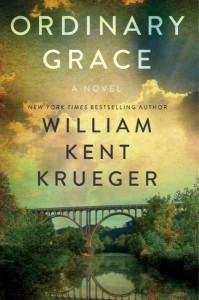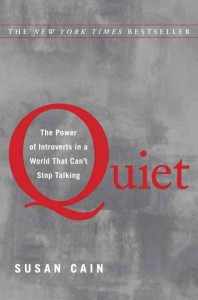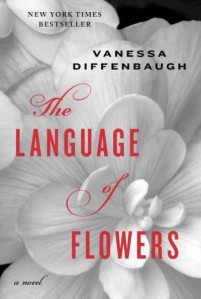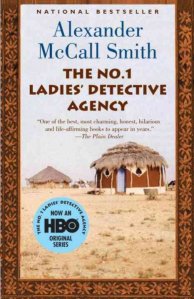Last year, in July, the Whitney Book Bistro discussed The Art of Fielding by Chad Harbach, a book about baseball. Since the Golden Knights took Las Vegas by storm this year, reaching the Stanley Cup Finals in June during their first season as a hockey team, it seemed fitting to read and discuss Beartown by Fredrik Backman, a book about hockey. Although, of course, the books are never just about the sport. They are about the players and the spectators, the lovers and the haters, with a lot of details in between. And Beartown is more about the culture of hockey and the community that relies on it.
Our discussion group was small—five women, one who hadn’t read the book and four who don’t care too much about sports in general. Our first responder had not liked the first part of the book at all, but had become more interested as the plot started to develop in the second half. Another had been a pediatrician in Minneapolis and shared how children had to start skating at four years old if they were to be able to play hockey in junior high. Kids would come in with injuries and parents would be angry that their children couldn’t keep playing. We continued to discuss our personal experiences with sports and injuries. I was incredulous that people could experience the injuries and pain as described and continue to play. Another one of us was angry that people can allow someone to compete when injured or ill, as happened in The Boys in the Boat by Dan Brown. One member reminded us how Benji would step on his broken foot because the physical pain was easier to deal with than the emotional pain.
We discussed the movie Concussion, starring Will Smith, “based on the true story of the doctor who discovered chronic traumatic encephalopathy, known as CTE in football players, and the uphill battle he faced in bringing the information to the public.”[i]We also discussed Dick Francis, who as a professional jockey probably understood the injuries and pain he describes in his heroes. One of us thought that people too often watch the sport specifically for the injuries and fighting, or the crashes in NASCAR. But then one of us is a NASCAR fan and described the skill and talent necessary to successfully drive a sports car at high speed. As always, issues and perspectives are so much more complex than they first appear. If ever we needed more people in a discussion, it was then!
The second half of the novel deals with the aftermath of a rape and its effect on the girl, the family, the team and the town. We wondered how backward the town seemed in dealing with the rape, especially considering the evidence produced by the girl’s bruising. Since I worked for several years at the Rape Crisis Center in Tucson, I felt that the author dealt with the rape too stereotypically. We discussed the MeToo Movement, Bill Cosby, and more.
I liked the book because it explained the town’s obsession with hockey, but others found it not interesting enough and depressing. Hockey is a violent sport, especially as described in Beartown. It was a hot, humid and melancholy July evening.
I started moderating the Whitney Library book club over five years ago. The group has been meeting for many more years. I learned just before the meeting that one of our long-time members, Norm Henderson, passed away. He will be sorely missed. My husband always reminds me to find out what Norm thought of the book! Our heartfelt condolences go out to Carol and her family.
- Other Works Discussed:
- The Art of Fielding(2011) by Chad Harbach
- The Boys in the Boat: Nine Americans and Their Epic Quest for Gold at the 1936 Berlin Olympics(2013) by Daniel James Brown
- Author Dick Francis and son author Felix Francis
- Concussion(DVD) Will Smith, 2015
- Smooth Talk(DVD) Laura Dern, 1985
[i]Landesman, P. (Director). (2016). Concussion[Video file]. United States: Sony Pictures Home Entertainment. Retrieved July 12, 2018, from https://lvccld.bibliocommons.com/item/show/1988587134









